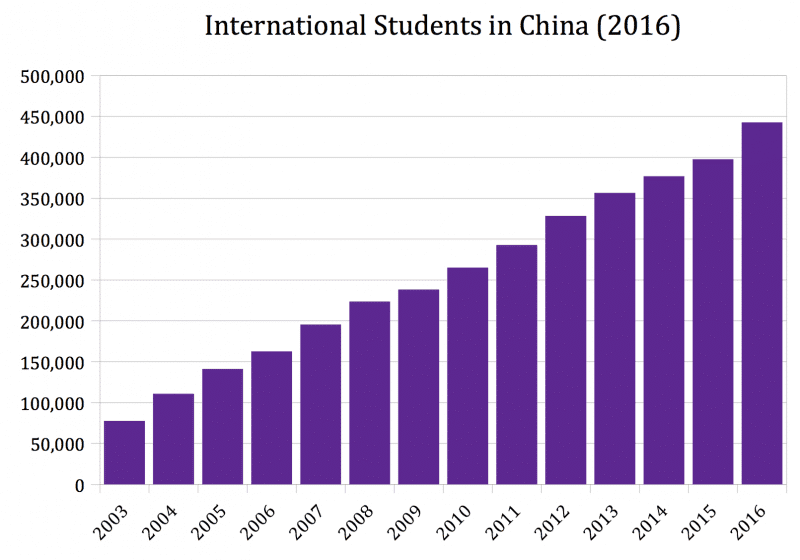Related Articles
How the Pioneers Assaulted the Turks’ Islamic Empire
American missionaries to the Turkish Empire first went to work among Muslims and Jews, and to revive Near Eastern Christians.
How the Pioneers Assaulted the Turks’ Islamic Empire
American missionaries to the Turkish Empire first went to work among Muslims and Jews, and to revive Near Eastern Christians.
Welcoming the Stranger
Presenter: Matthew Soerens, US Director of Church Mobilization, World Relief Description: Refugee and immigration issues have dominated headlines globally recently. While many American Christians view these…
International Students in China: Who Will Reach This Vast and Strategic Yet Invisible Group?
Wearing her hijab, “Mounia” from Yemen heard the gospel and felt the love of God in our international church because of her Rwandan classmate’s invitation and her husband’s permission. Without Arabic or visa for Yemen, instead of flying to Sana’a, we walked two meters to welcome her. From a country with 0.03% evangelicals, could she take the gospel back home?
In the Balance: Secularism and Islam Compete for Allegiance Behind Turkey’s Veil
When Mustafa Kemal Ata-turk founded Turkey’s modern republic 74 years ago, the jury was out on whether a secular democracy could long survive in a predominantly Muslim nation. It still is.


